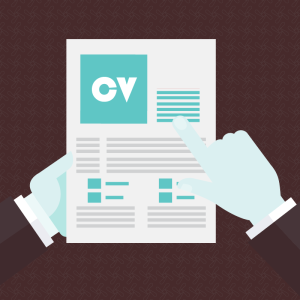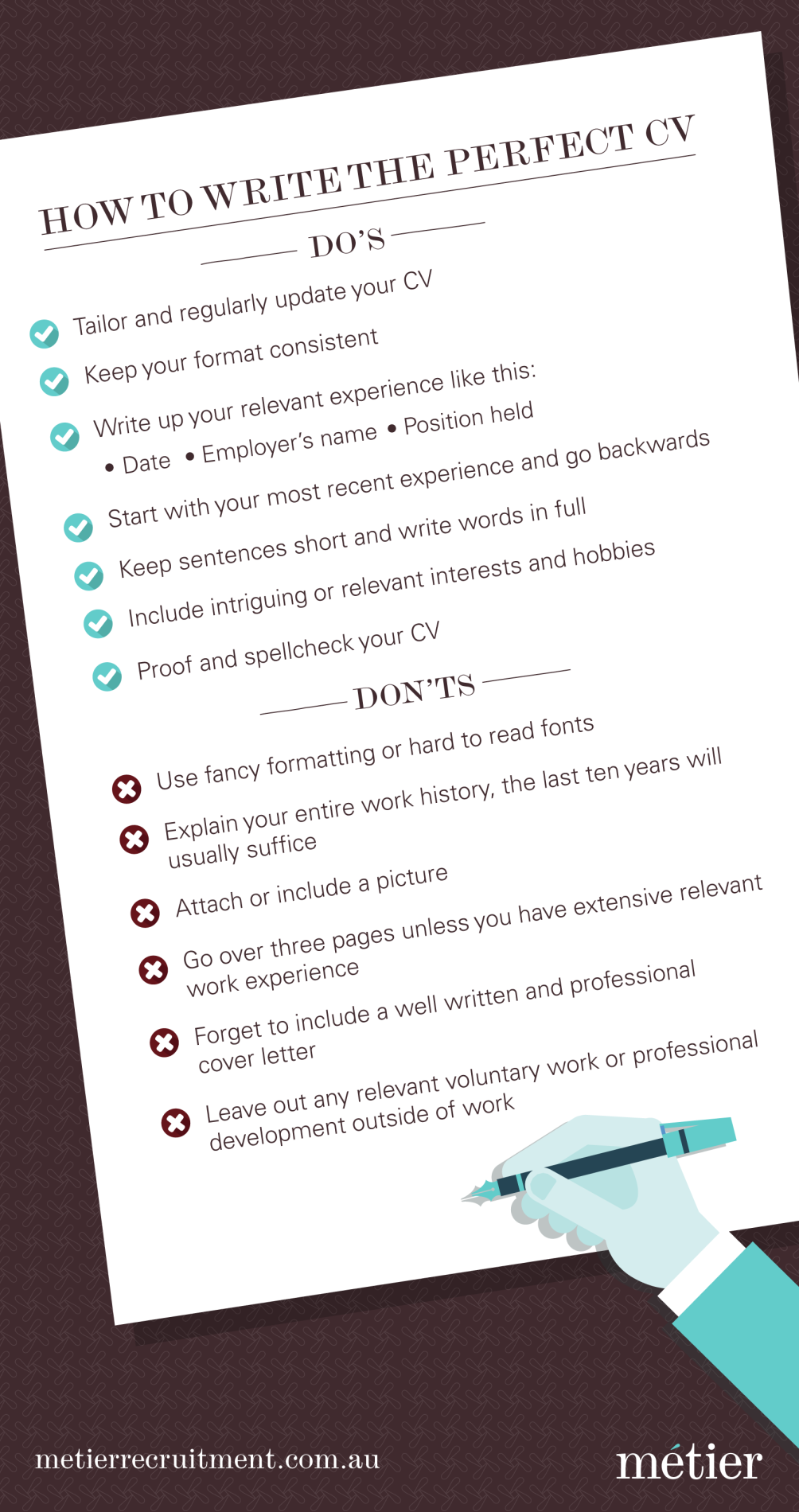News
How to Write a Perfect Office Support CV and Cover Letter

British Author, Andrew Grant, once wrote, “You never get a second chance to make a first impression.” This is especially true when you apply for a job.
The first point of contact between you and a potential employer whether you apply to a job or work with a recruitment agency is usually the moment they receive your CV and cover letter. And if you’re serious about getting an interview for that job, it’s crucial that your first impression is a good one.
As Recruiters, we see a lot of good and bad CVs every day. We know what’s going to encourage us to pick the phone up and call you. If your CV isn’t get the response you want, or you’re just after a little refresher on how to write a perfect CV and cover letter, read on for our guide.
Understanding the Difference
In essence, your CV and cover letter share the same goal: to secure you an interview. However, both do so in completely different ways. Your CV should be a snapshot of your skills, experience, achievements and qualifications that match the requirements of the vacancy and highlight you as an ideal candidate. This in short should persuade a Hiring Manager to take a closer look.
Your cover letter is different because it’s your chance to explain why your skills and experiences match the requirements of the role and specifically, why you’re applying for the role in question.
Knowing What’s Most Important
When it comes down to your CV, it’s crucial to be relevant. Recruiters will scan through candidate’s skills and experiences, earmarking those with a connection to the role’s requirements to be shortlisted. For example, if you’re applying to an office support role, such as a Personal Assistant vacancy, having great organisational and strong Microsoft Office skills will nearly always be a necessity. Including your competency in programs like Word, Excel and your typing speed, along with your ability to organise and prioritise will definitely increase your chances of succeeding in this example.
Next, you should summarise your recent work history, and include job titles, dates worked and the names of your employers, then followed by bullet points of your responsibilities. Whilst it’s a good idea to include your soft skills, labelling yourself as “a team player” or “great at communicating” won’t make you stand out of the crowd. Instead, use examples of how you leveraged your soft skills in the workplace. For example: “My strong communication skills enabled me to liaise confidently with senior and executive management.”
Finally, it’s imperative you include relevant achievements that will help strengthen your position as an ideal candidate. Perhaps in your previous role as an Executive Assistant, you overhauled an outdating filing system and implemented a new strategy that saved your employer time? If you struggle to think of any noteworthy achievements to include, ask your referees for their input.
Adding a Little Personality
Be mindful of becoming bland and boring when tailoring your CV for each individual role you apply to is a great idea. Adding a little personality to your CV, by showcasing the work you’re proud of and challenges you’ve overcome, can be a great way to avoid this. As an example, explain how you’ve enjoyed gaining experience in numerous areas of business support, from providing support to senior managers, to getting involved in the recruitment, management and training of junior staff.
On the other hand, tread carefully when it comes to discussing your personal interests. Ask yourself if a potential employer will want to know everything you get up to outside of work. As a rule of thumb, if it’s relevant to the job you’re applying for and shows your personality in a positive light then you should include it. Aside from that, a genuinely interesting fact about you can provide a great way to break the ice at the start of a job interview.
Designing Your CV
As we’ve mentioned above, it’s very likely that each job you apply for will be slightly different from the last. It’s for that reason that relying on one CV can actually hurt your chances of succeeding. Always check whether the key skills and experiences at the top of your CV reflect the essential requirements the job vacancy is asking for.
Although a lot of advice states that a perfect CV should be between one or two pages long, in today’s digital age the length of your CV is less of an issue. Generally, it will depend on the role you’re applying to and the depth of your relevant work experience. The design of your CV should be simple and easy to read. So don’t worry if you’re not artistic, the content is what matters most, but if you’re struggling for a place to start, check out these CV templates.
Summary
Cutting corners with your CV or cover letter can end up costing you in your job search. If your CV is falling on deaf ears and you’re not sure where to start, don’t hesitate to contact one of our specialist Recruiters for more CV and cover letter advice.




